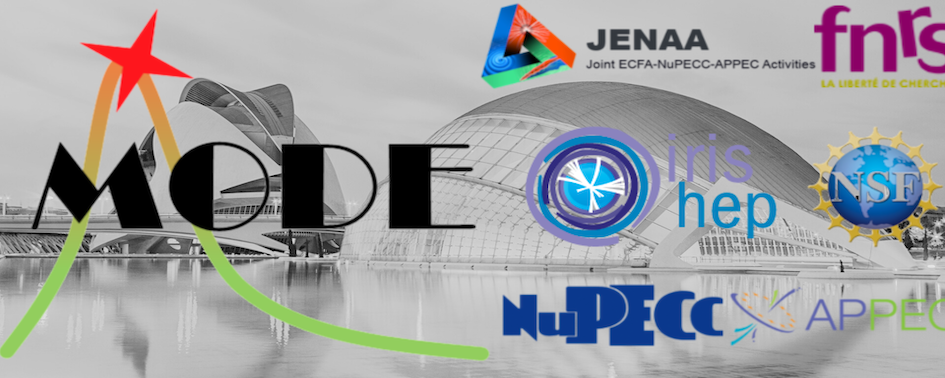Speaker
Description
Machine learning has emerged as a powerful solution to the modern challenges in accelerator physics. However, the limited availability of beam time, the computational cost of simulations, and the high-dimensionality of optimisation problems pose significant challenges in generating the required data for training state-of-the-art machine learning models. In this work, we introduce Cheetah, a PyTorch-based high-speed differentiable linear beam dynamics code. Cheetah enables the fast collection of large data sets by reducing computation times by multiple orders of magnitude and facilitates efficient gradient-based optimisation for accelerator tuning and system identification. This positions Cheetah as a user-friendly, readily extensible tool that integrates seamlessly with widely adopted machine learning tools. We showcase the utility of Cheetah through five examples, including reinforcement learning training, gradient-based beamline tuning, gradient-based system identification, physics-informed Bayesian optimisation priors, and modular neural network surrogate modelling of space charge effects. The use of such a high-speed differentiable simulation code will simplify the development of machine learning-based methods for particle accelerators and fast-track their integration into everyday operations of accelerator facilities.
